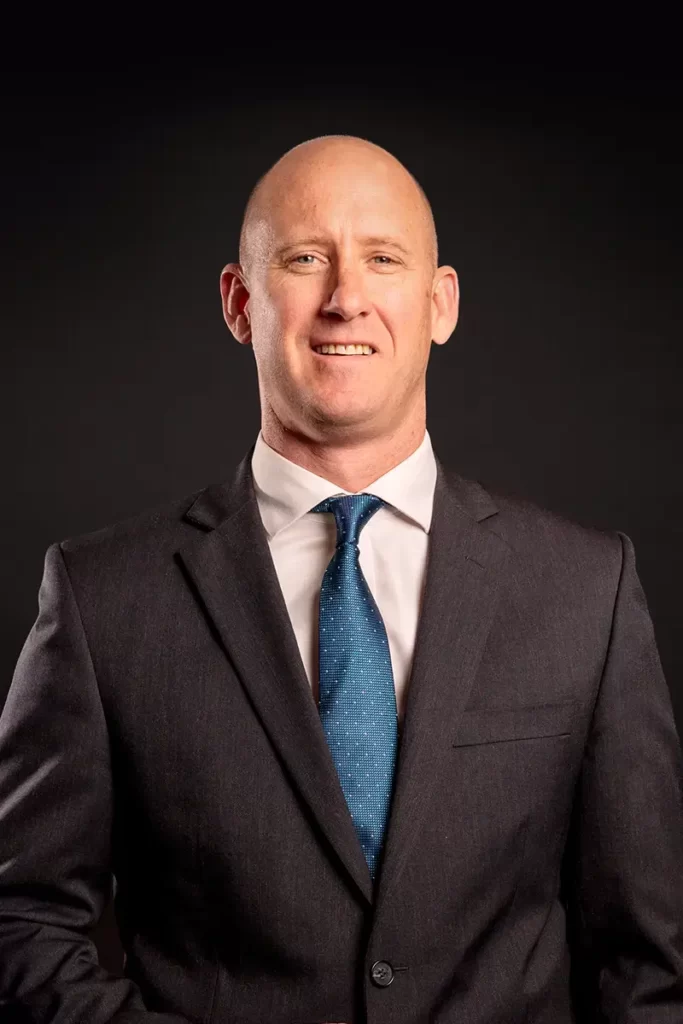Body Corporate insurance can be confusing most of the time. It appears there are always arguments between Body Corporates and unit owners in relation to what is covered by Body Corporate insurance and what is not.
Under the Body Corporate and Community Management Act the Body Corporate is responsible for the common property, Body Corporate assets and the buildings on the premises. The insurance of buildings by a Body Corporate depends on how the Community Titles Scheme is registered:
(a) For a Building Format Plan insurance will be in place for the full replacement value of each building which contains a lot;
(b) For a Standard Format Plan (e.g. townhouse complex) insurance must be in place for the full replacement value of each building where a building has a common wall with a building on an adjoining lot. If there are no common walls in a Standard Format Plan the owners are responsible for their own building insurance.
It is always important to check what is covered by Body Corporate insurance. As a general rule the following may be covered:
- Toilets, bath, basins, shower screens.
- Cook tops.
- Ducted air conditioners.
- Bench tops.
- Built-in cupboards.
- Windows and doors.
- Fixed tiling.
It is important to know that Body Corporate insurance does not cover assets or liabilities of unit owners and unit owners must consider having in place landlord insurance to cover them against liabilities for damage or bodily injury to third parties.
This was illustrated in a recent case where the Qld Court of Appeal has awarded damages of $494,750.00 to a mother who was stuck by a needle while holidaying in a Brisbane unit.
She complained about the “filthiness” of the unit and after 3 days decided to start cleaning the unit herself. It was while she was cleaning the internal stairs that a discarded needle, hidden by dust, pierced through a rubber glove and became stuck in her finger. She lived for 18 months with the fear of contracting HIV and the Court find that a “reasonable person would have taken the precaution of properly cleaning the premises”. Even though there was a managing agent, the Landlord was held liable for the damages and without any insurance, has to pay the damages himself.
The owner is now in dispute with the agent who was looking after the property but could not avoid the damages claim awarded by the Court.
The position in NSW is very similar than in Queensland. Owner Corporation insurance does not apply to a strata scheme comprising two lots if the owners corporation decides by unanimous resolution, and the buildings in one lot are physically detached from the buildings in the other lot, and no other building in the scheme is on common property.
In addition, the insurance usually covers owners’ fixtures and fittings. Fixtures and fittings are items like carpets in common areas, hot water systems, light fittings, toilet bowls, sinks, shower screens, cupboards, internal doors, stoves, common air conditioning systems and intercom systems.
Landlord insurance is an inexpensive, tax deductible policy that offers peace of mind for your investment.
The position in NSW is very similar to Queensland. Owners Corporation insurance does not apply to a strata scheme comprising two lots (a duplex) if the owners corporation decides by unanimous resolution, and the buildings in one lot are physically detached from the buildings in the other lot, and no other building in the scheme is on common property.
If you would like more information or want to obtain the best possible chance of a successful outcome in your dispute, please contact our Commercial Litigation Department Manager, Amanda Heather on direct line 07 5506 8245, email aheather@attwoodmarshall.com.au or free call 1800 621 071.
We have an experienced dedicated Commercial Litigation team that practice exclusively in these areas.

